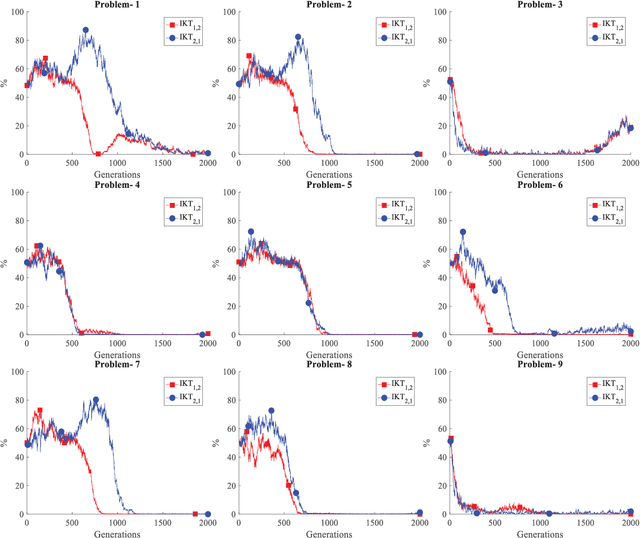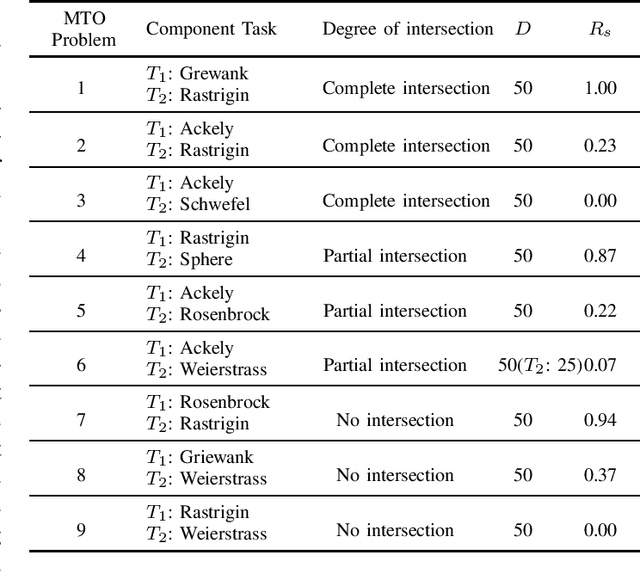Deyun Zhou
Robust Trajectory and Offloading for Energy-Efficient UAV Edge Computing in Industrial Internet of Things
Mar 08, 2023Abstract:Efficient data processing and computation are essential for the industrial Internet of things (IIoT) to empower various applications, which yet can be significantly bottlenecked by the limited energy capacity and computation capability of the IIoT nodes. In this paper, we employ an unmanned aerial vehicle (UAV) as an edge server to assist IIoT data processing, while considering the practical issue of UAV jittering. Specifically, we propose a joint design on trajectory and offloading strategies to minimize energy consumption due to local and edge computation, as well as data transmission. We particularly address the UAV jittering that induces Gaussian-distributed uncertainties associated with flying waypoints, resulting in probabilistic-form flying speed and data offloading constraints. We exploit the Bernstein-type inequality to reformulate the constraints in deterministic forms and decompose the energy minimization to solve for trajectory and offloading separately within an alternating optimization framework. The subproblems are then tackled with the successive convex approximation technique. Simulation results show that our proposal strictly guarantees robustness under uncertainties and effectively reduces energy consumption as compared with the baselines.
Self-adaptive Multi-task Particle Swarm Optimization
Oct 09, 2021



Abstract:Multi-task optimization (MTO) studies how to simultaneously solve multiple optimization problems for the purpose of obtaining better performance on each problem. Over the past few years, evolutionary MTO (EMTO) was proposed to handle MTO problems via evolutionary algorithms. So far, many EMTO algorithms have been developed and demonstrated well performance on solving real-world problems. However, there remain many works to do in adapting knowledge transfer to task relatedness in EMTO. Different from the existing works, we develop a self-adaptive multi-task particle swarm optimization (SaMTPSO) through the developed knowledge transfer adaptation strategy, the focus search strategy and the knowledge incorporation strategy. In the knowledge transfer adaptation strategy, each task has a knowledge source pool that consists of all knowledge sources. Each source (task) outputs knowledge to the task. And knowledge transfer adapts to task relatedness via individuals' choice on different sources of a pool, where the chosen probabilities for different sources are computed respectively according to task's success rate in generating improved solutions via these sources. In the focus search strategy, if there is no knowledge source benefit the optimization of a task, then all knowledge sources in the task's pool are forbidden to be utilized except the task, which helps to improve the performance of the proposed algorithm. Note that the task itself is as a knowledge source of its own. In the knowledge incorporation strategy, two different forms are developed to help the SaMTPSO explore and exploit the transferred knowledge from a chosen source, each leading to a version of the SaMTPSO. Several experiments are conducted on two test suites. The results of the SaMTPSO are comparing to that of 3 popular EMTO algorithms and a particle swarm algorithm, which demonstrates the superiority of the SaMTPSO.
 Add to Chrome
Add to Chrome Add to Firefox
Add to Firefox Add to Edge
Add to Edge